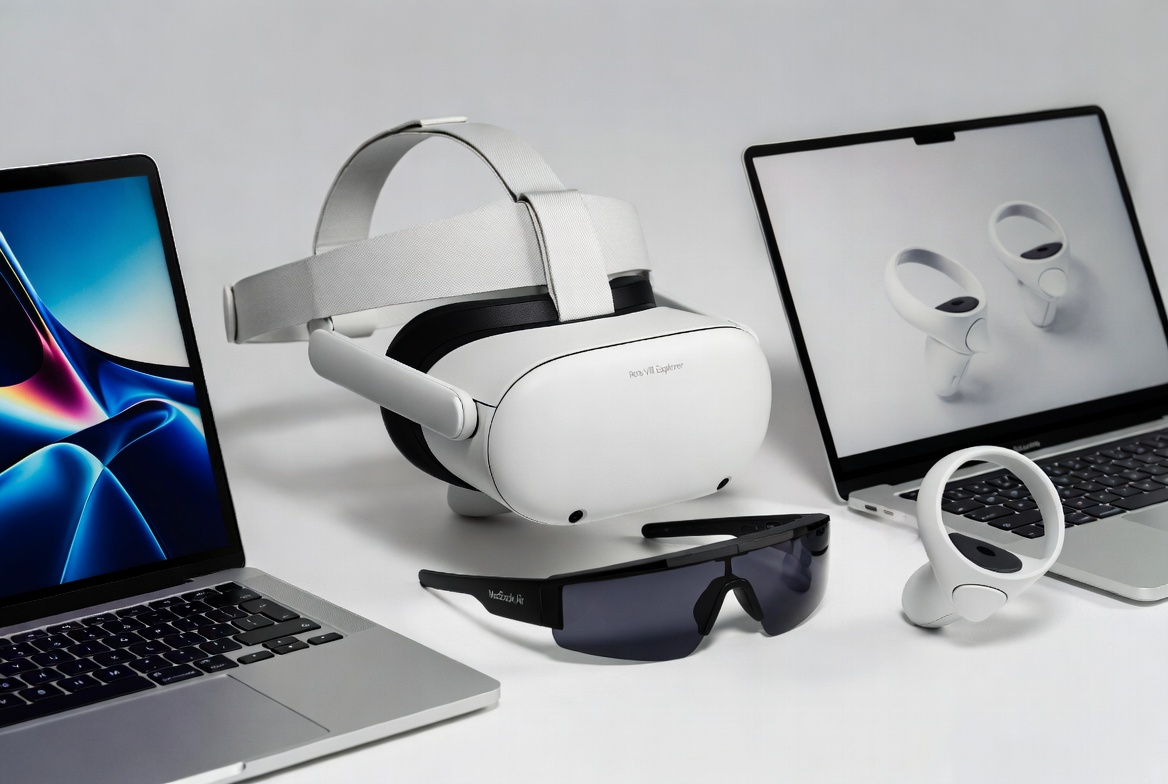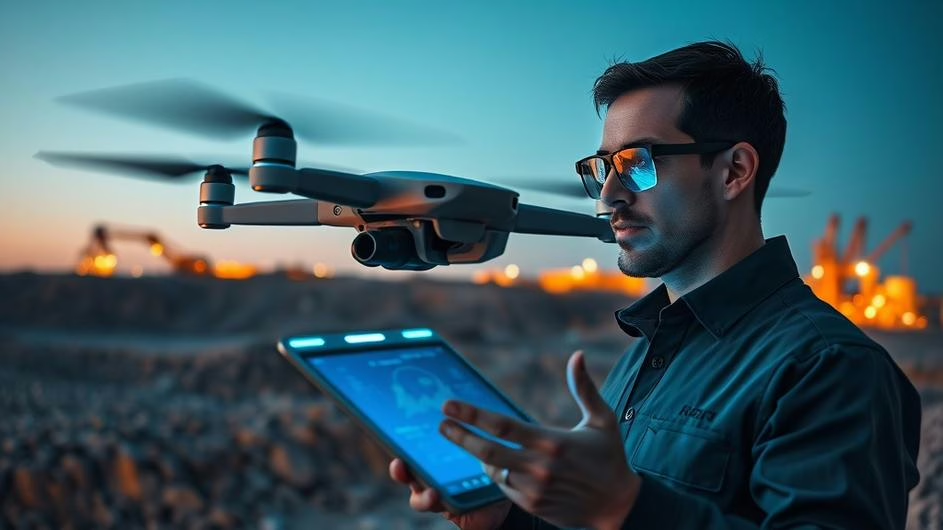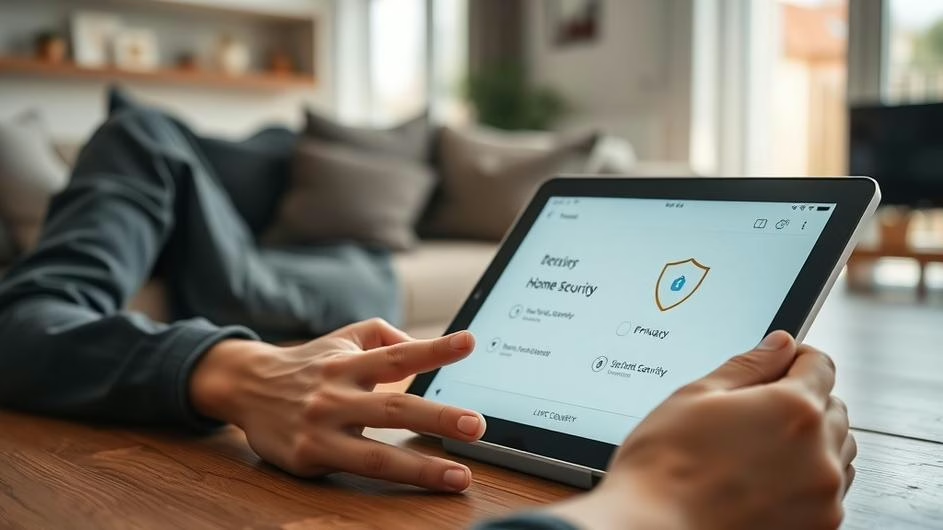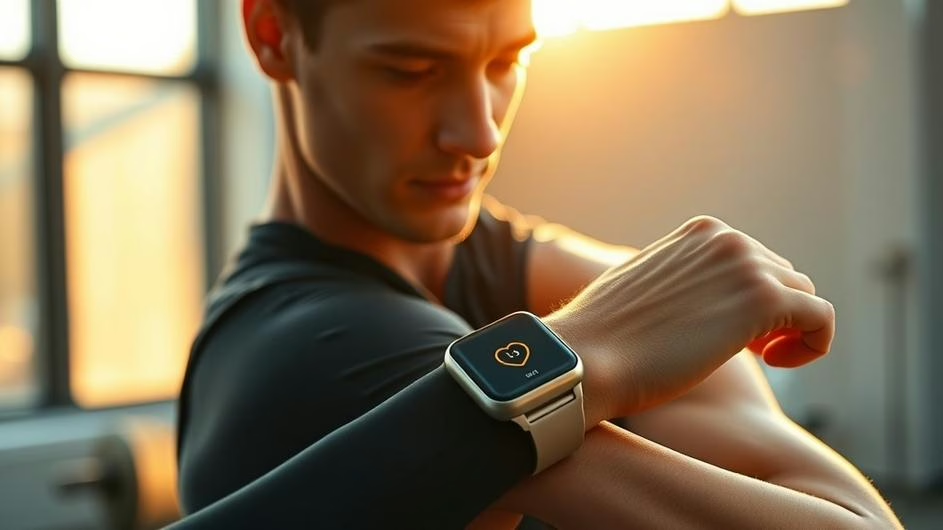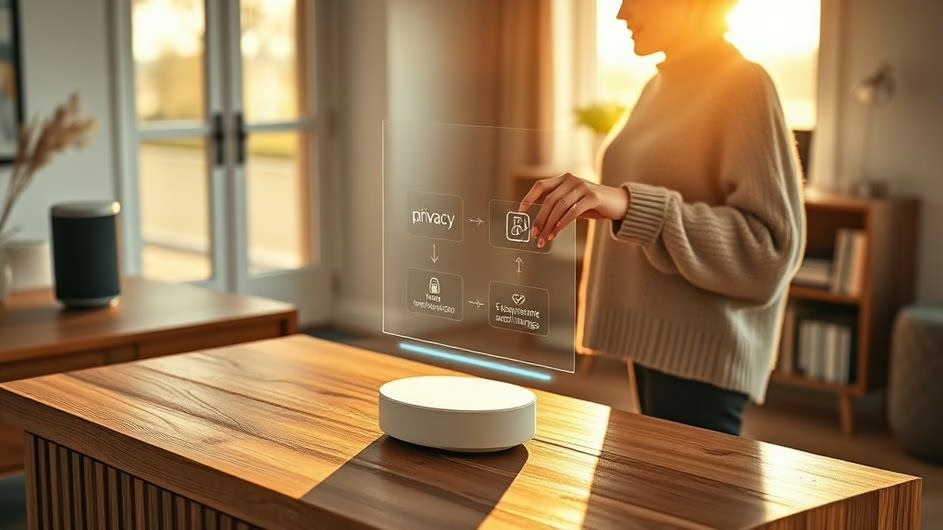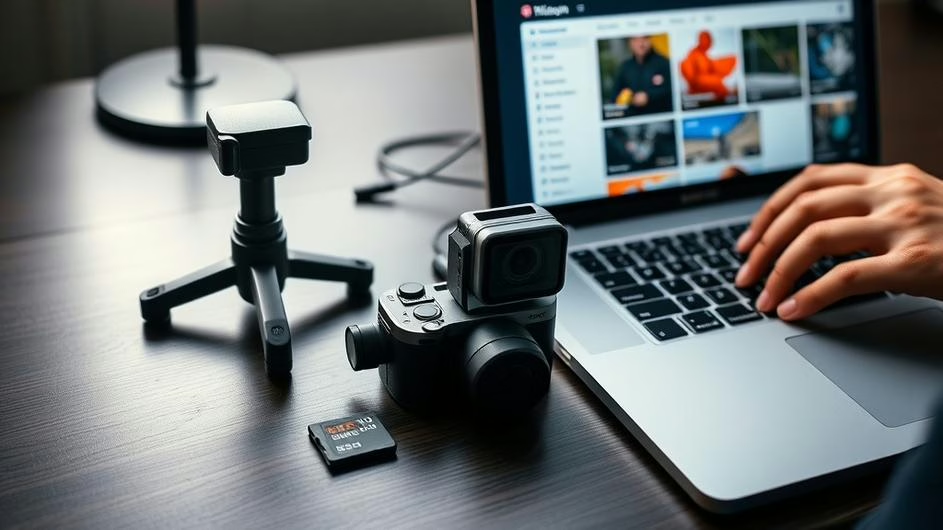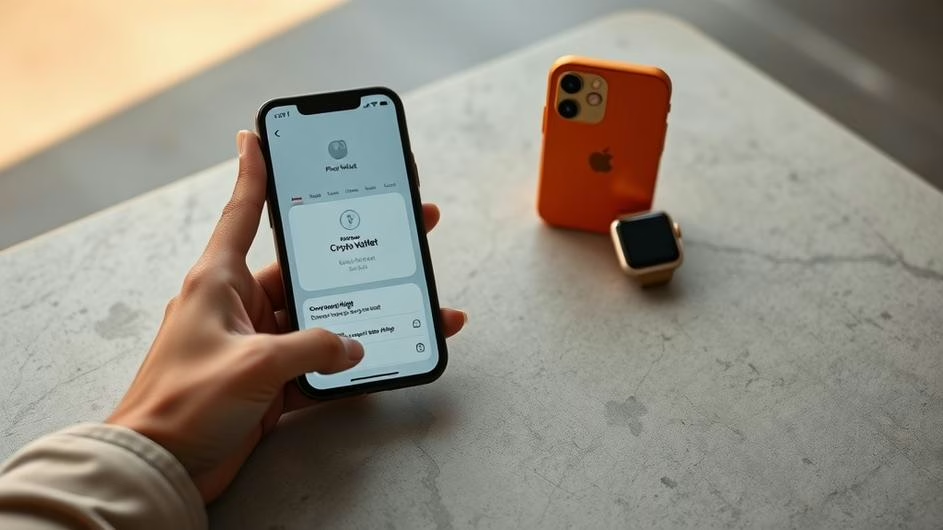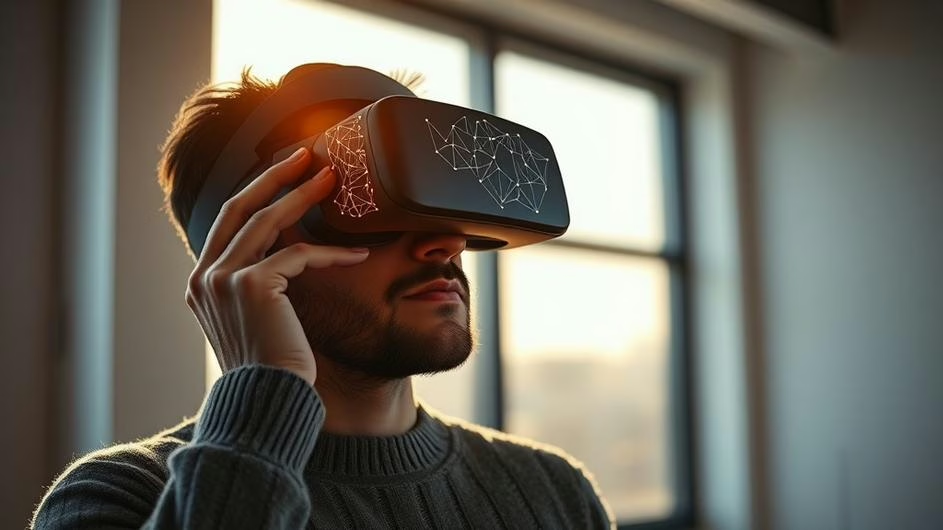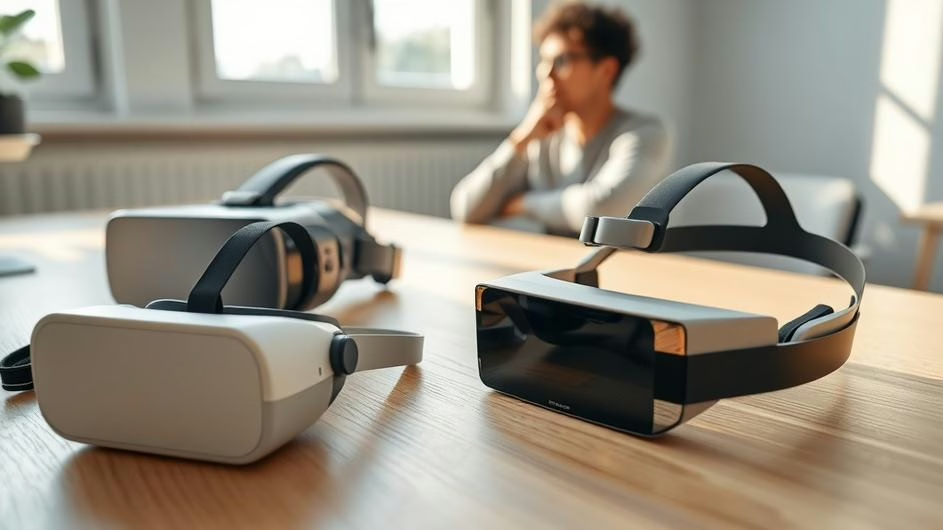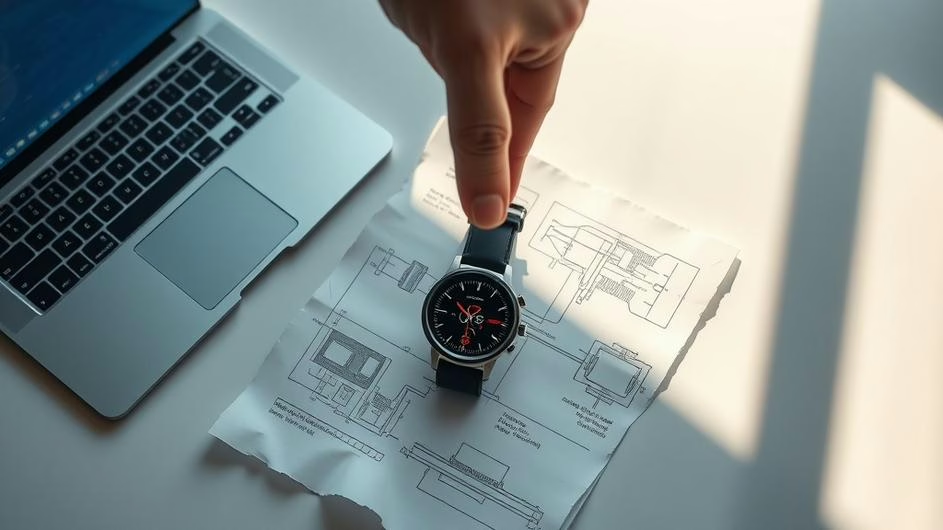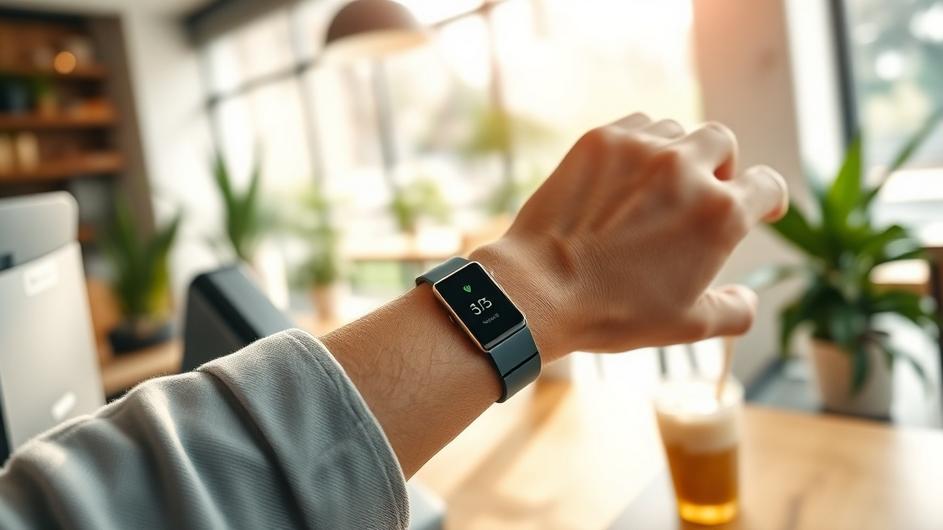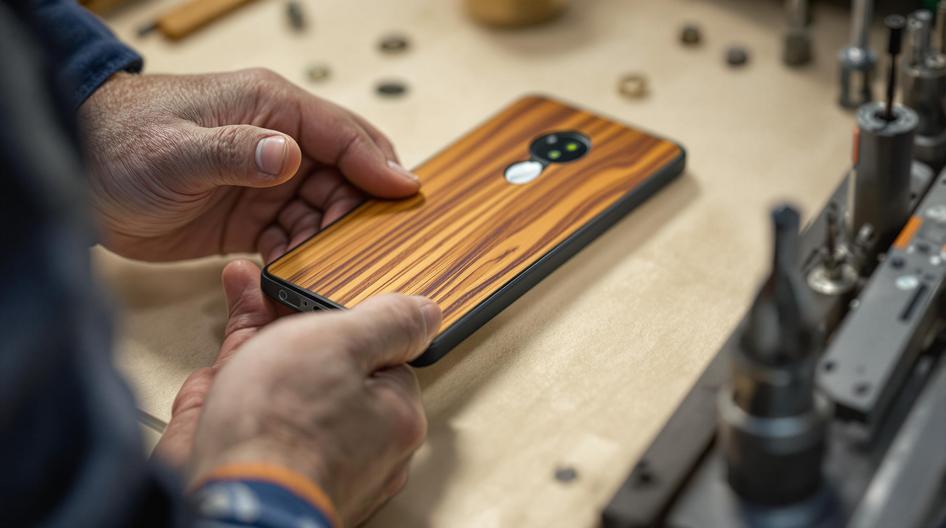
Smart Tech Revolution: How Fitness Gadgets Are Redefining Our Digital Lives
We’re living through a fascinating moment where fitness wearables aren’t just counting steps anymore. They’re becoming the building blocks for something much bigger: a world where you actually own and control your health data. Sound familiar? It’s the same user-first philosophy driving the crypto revolution, except now it’s happening on your wrist.
The Oura Ring’s Quiet Takeover
The Oura Ring has hit its lowest price point ever, and there’s good reason why fitness enthusiasts can’t stop talking about it. Unlike those chunky smartwatches that scream “I’m tracking everything,” the Oura Ring does its job without announcing itself to the world.
What makes it special? It’s collecting continuous biometric data without interrupting your life. Heart rate variability, sleep patterns, body temperature fluctuations. All quietly monitored and packaged into insights you can actually use. This kind of seamless integration reminds me of what smart home technology promises: powerful functionality that just works in the background.
Beyond Step Counting: Real Athletes, Real Data
Take Chef Robert Irvine, who’s currently training for a grueling 54-mile military hike. He’s not using a basic fitness tracker. He needs devices that monitor heart rate under extreme stress, track recovery patterns, and predict when his body needs rest versus when it can handle more punishment.
This shift toward comprehensive health monitoring reflects a broader trend we’re seeing across tech. Just like crypto users demand transparency and control over their digital assets, fitness enthusiasts want complete ownership of their biometric data. No more black boxes. No more wondering what happens to your health information once it hits the cloud.
The Smart Gym Revolution
But what happens when your fitness goals outgrow what a single device can track? That’s where AI-powered fitness platforms come in.
According to CNET’s resident fitness expert, these new systems can analyze your current capabilities and adjust workouts in real-time. Think of it as having a personal trainer who never gets tired, never has an off day, and learns from thousands of other users’ experiences.
These platforms bridge the gap between expensive personal coaching and generic workout apps. They’re creating something that feels almost like the metaverse for fitness: adaptive, responsive, and increasingly personalized without sacrificing your privacy.

Pro-Grade Analytics for Everyone
Here’s where things get really interesting. Devices like the Garmin Forerunner 55 are bringing professional-level performance tracking to everyday athletes. We’re talking precise GPS tracking, detailed workout analysis, and completely customizable data displays. And it’s available at prices that won’t break the bank.
The Huawei Watch GT 6 Pro takes this even further with advanced antenna designs and algorithms that deliver near-perfect workout and recovery tracking. These aren’t just gadgets anymore. They’re sophisticated health monitoring systems that happen to fit on your wrist.
What’s really compelling is how these devices are moving away from the walled-garden approach. Instead of trapping your data in proprietary systems, they’re giving you comprehensive insights that you can actually understand and use. It’s the same philosophy driving blockchain adoption: transparency, user control, and resistance to monopolistic data hoarding.
The Bigger Picture: Your Data, Your Rules
Why should crypto enthusiasts and tech investors care about fitness trackers? Because we’re watching the early stages of something revolutionary. As biometric technology becomes more sophisticated, we’re moving toward a world where individual sovereignty over digital assets includes your health data.
Think about it. AI-powered analysis, encrypted storage, and potentially even tokenized health data markets. The fitness wearable in your gym bag could become your gateway to not just better health, but smarter participation in the decentralized digital economy.
We’re already seeing hints of this future. Health tech companies are exploring blockchain-secured medical records, smart contract-based insurance incentives, and decentralized data monetization models.
What’s Next?
The convergence of wearable technology and digital transformation isn’t just changing how we track fitness. It’s creating a blueprint for user-centric data ownership that could reshape entire industries.
For developers and investors watching the Web3 space, the expanding wearable ecosystem offers a real-world testing ground for decentralized principles. The fitness tracker on your wrist today might be the key to smarter, more secure participation in tomorrow’s digital economy.
The message is clear: as personal technology evolves, so does our ability to control our digital identities. Whether you’re tracking heart rate zones or managing crypto portfolios, the future belongs to platforms that put users first.
Sources
- The Oura Ring is at Its Lowest Price Ever Ahead of Fall Prime Day – Men’s Health, Sep 27, 2025
- Chef Robert Irvine Is Training for a Grueling 54-Mile Military Hike With This Hoka Shoe – Men’s Health, Sep 26, 2025
- I’m CNET’s Resident Fitness Expert and These Are the 9 Fitness Tech Items I Swear By – CNET, Sep 28, 2025
- Walmart Restocks Garmin Forerunner 55 Smartwatch at Almost Renewed-Level Pricing Across All Colors – Gizmodo, Sep 26, 2025
- These 5 smartwatch features will help you dial up your training – Men’s Health, Sep 22, 2025


